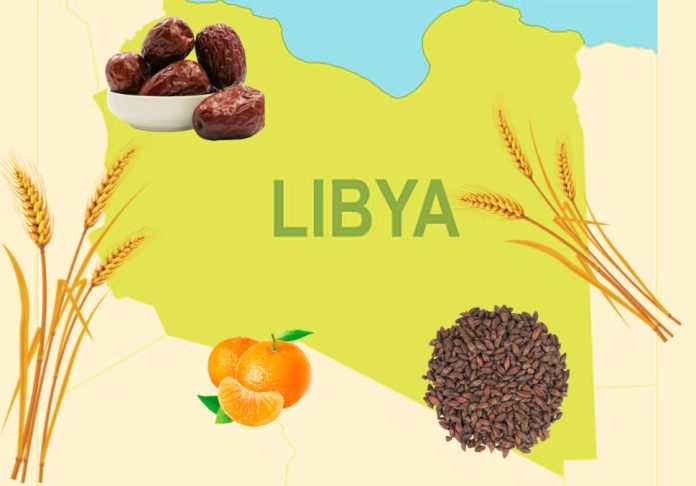News in brief: The AfDB reaffirms its commitment to boosting overall food production and security in the Africa at a meeting with the government of Libya.
The African Development Bank (AfDB) has lent its weight to the Libyanâs Government agenda to boost food security and build resilience in that country. During a discussion on the Food Security Agenda in Libya, the Bankâs Deputy Director General for Northern Africa, Malinne Blomberg, highlighted the significance of food security to the prosperity of any country.
“Food security is a prerequisite for economic development, social stability, and the overall well-being of the population,” she said. Blomberg also revealed that the bank was working with other development partners to ensure the success of the strategy.
The bank hosted the event to further deepen understanding with the Government of Libya on key sectors of the economy, including agriculture. Leading the Libyan delegation was the countryâs Director General of the National Economic and Social Development Board, Dr. Mahmoud El Futaisi, whose duties include preparing the national food security strategy.
Delegates from the Food and Agriculture Organization (FAO), World Food Programme (WFP), United Nationâs Childrenâs Fund (UNICEF), the Islamic Development Bank Group (IsDB), and the World Bank were also in attendance.

The AfDB has earmarked $1.5 billion for the African Emergency Food Production Facility (AEFPF) project to boost food security and nutrition. Launched in May of 2022, it is helping the continent mitigate rising food prices and inflation worsened by climate change, the Covid-19 pandemic, and the Russia-Ukraine conflict. The Bank also co-organized a food summit in January in Dakar, Senegal, which produced food compacts for African countries.
Dr. El Futaisi applauded the Bankâs initiatives to ensure food security across Africa, even in the midst of global challenges. He said that the government places high priority on food security and added that despite the challenges, setting clear goals and milestones will ensure efficiency and achieve results.
The meeting delved into the unique challenges facing the formulation and implementation of food security strategies, such as climate change, water management, nutrition, and the need for inclusiveness and preparedness for emergency responses.
The Bank shared its experience of supporting other northern regional countries (Egypt and Tunisia) in preparing their compact on the wheat value chain. Representatives of international agencies in attendance also shared their experiences and peculiar approaches to food security.
The meeting showcased the development partners’ resolve to harmonise efforts and strengthen partnerships to ensure Libyaâs first national food security strategy succeeds. To this end, participants agreed to establish a coordination working group and a technical task force to see the strategy through. These bodies will give clear cut directions moving forward with a concrete action plan and measures within a given scope or timeline.



